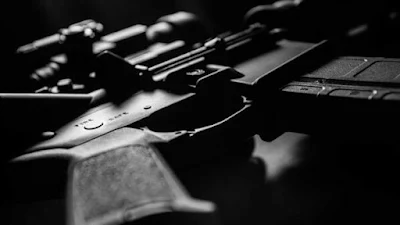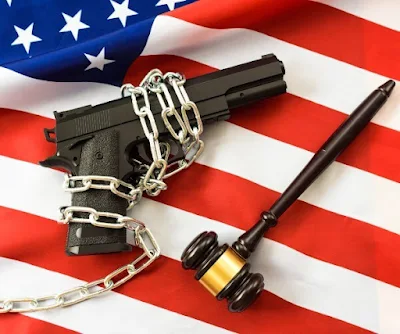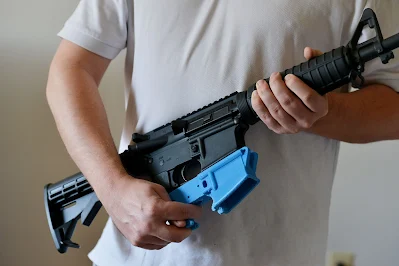On November 25, 2022, in the Southern District Court of Illinois, a lawsuit was initiated by Larry Morse and Theodore Ray Buck, Jr. against Illinois, arguing that the state's prohibition on the sale and possession of suppressors infringes on the Second Amendment. Supported by the American Suppressor Association, a parallel lawsuit was launched by Carlin Anderson and David Clark on February 27, 2023. These cases, Morse v Raoul and Anderson v Raoul, were merged on June 15, 2023. All parties agree that the central dispute concerns whether suppressors fall under the protection of the Second Amendment. Morse and other plaintiffs contend that suppressors are unquestionably bearable arms that are widely used, hence their ban in Illinois is unconstitutional.
The plaintiff's filing in Morse v. Raoul provides evidence that as of 2020, over 2 million suppressors were legally owned, according to the National Firearms Registration and Transfer Record (NFRTR). This is a greater quantity than the number of AR-15s, which was considered common use by the DC Circuit. These figures exist despite the legal obstacles to owning a suppressor, including paying a $200 transfer tax, providing a detailed application and fingerprints, and waiting several months for the federal government to process the application.
According to the plaintiffs, suppressors are employed for a range of legal activities. These include hunting, self-defense, and target shooting - activities which have been upheld as part of the Second Amendment right by various courts. They assert that suppressors are widely used and crucial to the legal use of firearms.
Conversely, Illinois authorities argue that suppressors are not arms but mere accessories. They state that suppressors aren't necessary for the effective use of a firearm and are not used for self-defense, hence don't fall under the term "Arms" in the context of the Second Amendment.
However, this claim has two key issues. Firstly, both Illinois and federal law expressly categorize suppressors as arms. While suppressors are not "arms" in isolation, they undeniably enhance firearms' efficacy and contribute to their legal use, such as in self-defense. Secondly, accessories that improve a weapon's efficiency, like aiding in training, are protected under the Second Amendment. Applying Illinois' argument could lead to the prohibition of other firearm accessories like magazines, telescopic sights, red dot sights, flash suppressors, rifled barrels, or recoil pads.
The Supreme Court in Caetano clarified that all bearable arms used for legal purposes, and in common use, fall under the protection of the Second Amendment. Hence, blanket bans on such arms aren't allowed. This is why Illinois authorities are arguing that suppressors are not arms. However, if they are not arms, then why are they subject to regulations and bans under Illinois and federal weapons laws?
Should the court conclude that suppressors are arms protected by the Second Amendment, a lawsuit against the NFA restrictions on suppressors in Texas will become more plausible. Illinois' attempt to gradually erode the Second Amendment by claiming that accessories enhancing a weapon's efficiency can be banned, could reduce the amendment to a farcical level, allowing only a single, muzzle-loading shotgun for home defense. Such a ridiculous result is not permitted under the Second Amendment.




















